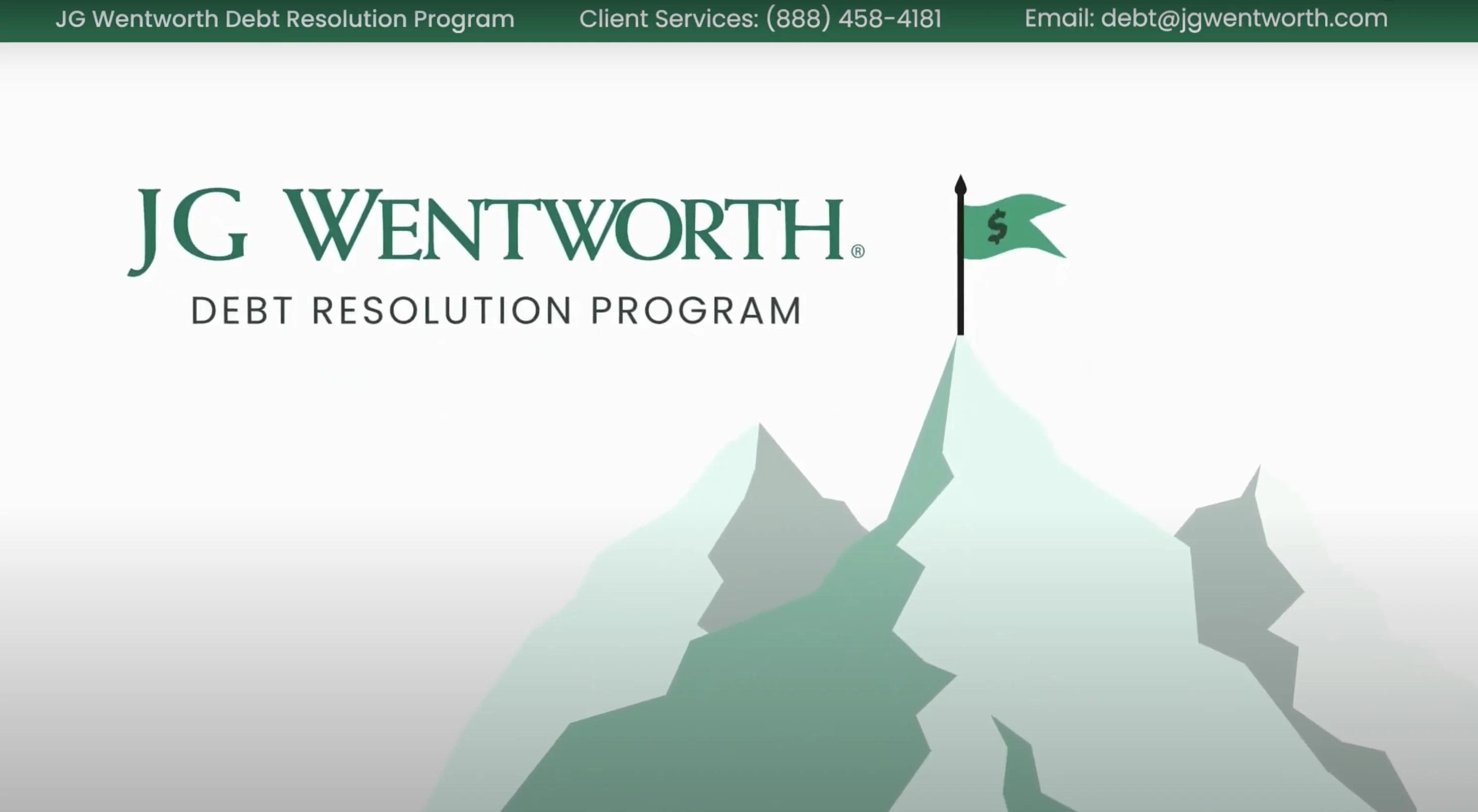
Personalized financial solutions.
The JGW Way.
"*" indicates required fields
By submitting this form, I am providing JG Wentworth with express written consent to contact me regarding a potential transaction by phone calls, text messages or by using an auto dialer (or automated means) at the phone number(s) provided and such consent is not a condition of a purchase. Message frequency depends on account status. Message and data rates may apply. Reply STOP to opt out. For assistance, call any number listed on this website. I also consent and agree to JG Wentworth’s Privacy Policy and Terms of Use.
How can we help you?
Our numbers speak for themselves:
150K+
JG Wentworth customers
30 years
Of experience
A+
BBB Rating
Explore Trending Articles
We’ve helped our customers in a Big Way










JG Wentworth FAQs
For over thirty years, our company has happily provided customized solutions and personal support to customers in need of a fresh financial start. From Structured Settlement Purchasing to Debt Resolution Programs (and plenty of other options), our services have grown with the ever-changing needs of our customers.
If life has taken an unpredictable turn and you need an influx of money without waiting months (or even years) for it, we’re here to help! We can purchase some or all of your upcoming structured settlement payments (at the best prices in the industry, guaranteed!) for a lump sum of cash when you need it most.
Absolutely! Our Debt Relief Program empowers our Debt Specialists to negotiate with your creditors on your behalf to lower the overall balances that you owe. By streamlining your bills into one simple monthly payment, our customers are able to resolve their debt in as little as 24-48 months!
Of course! We understand that every customer has unique challenges to deal with, and we’re ready to help. That’s why we invite you to call us anytime for a free consultation from one of our specialists. Not only are we happy to explain our services and answer all your questions, but we’re also excited to learn about your financial goals, offer personalized solutions created just for you and support you through every step of your journey.
We’ve got you! Years of five-star reviews and amazing word-of-mouth have taught us that our customers love working with companies that go above and beyond to serve and support them, just like we do. See more options in JG Wentworth Marketplace, an all-in-one gateway to providers who offer the services you need with the same exemplary standard of support that you’ve come to expect from JG Wentworth. From Home Services and Insurance Coverage to Credit Repair and Debt Consolidation, we’ve assembled an all-star team of industry leaders that can handle your needs with a smile.






